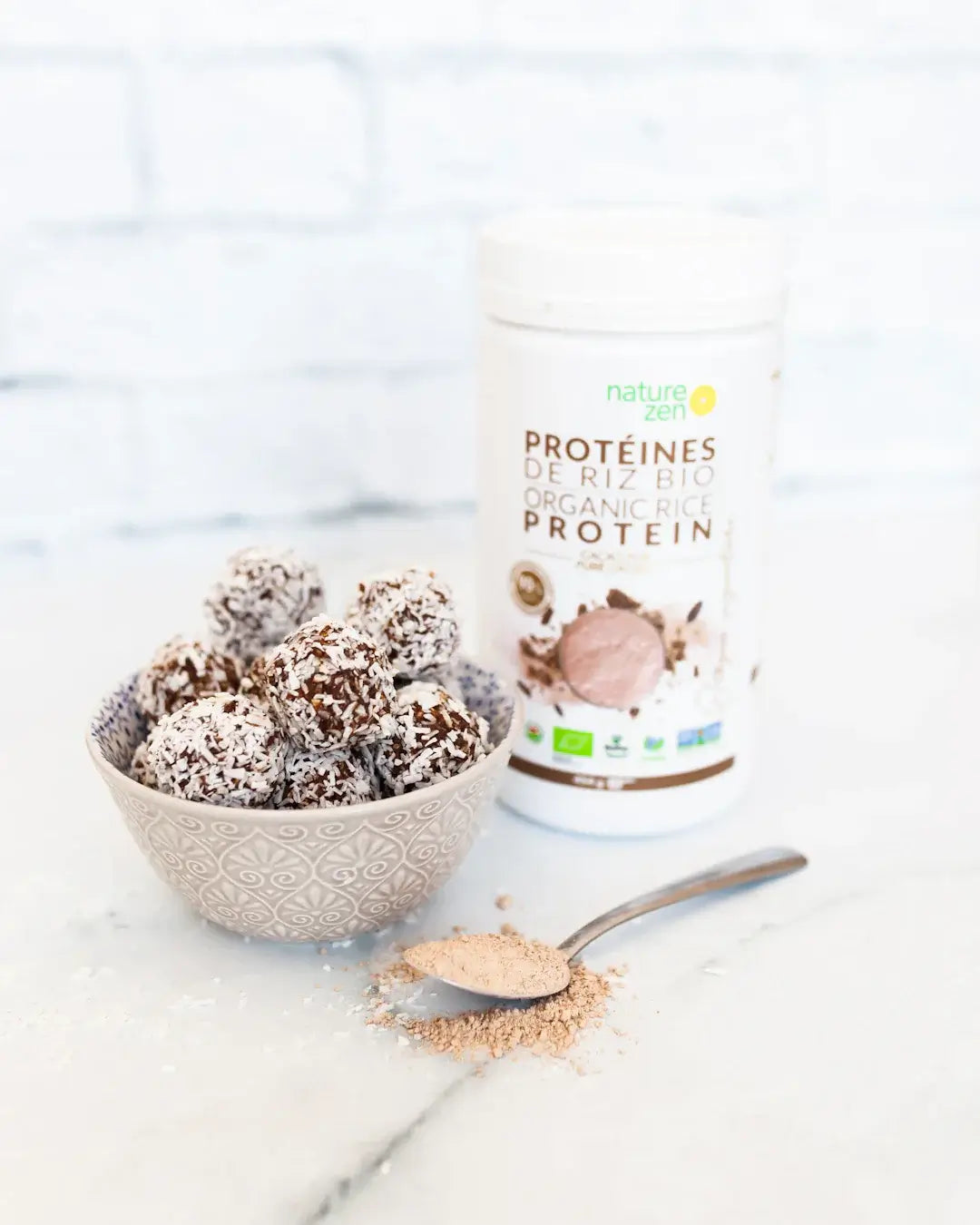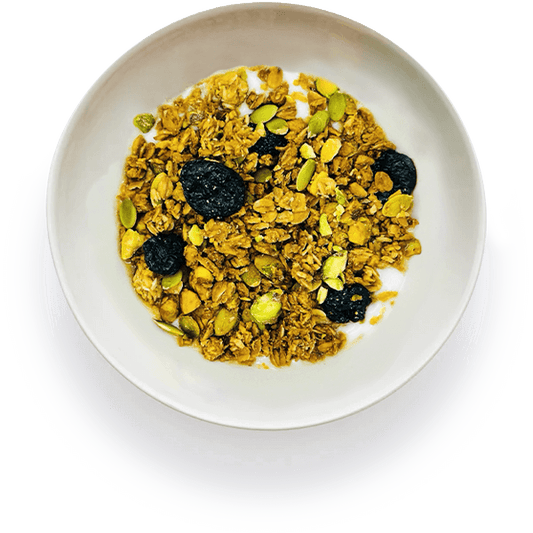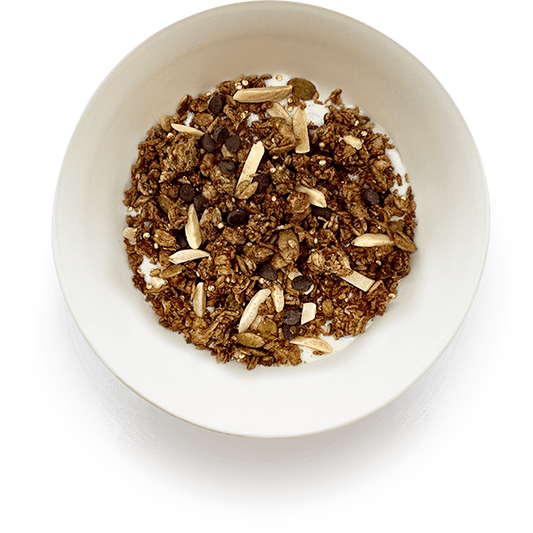The Transformative Health Benefits of Embracing a Plant-Based Diet
By FireRoad
In recent years, plant-based diets have surged in popularity, capturing the attention of health enthusiasts and everyday eaters alike. As more individuals recognize the profound impact of their food choices on health, the demand for healthier options, such as a Tex-Mex breakfast bowl filled with wholesome ingredients, has grown. This article delves into the incredible health benefits of adopting a plant-based diet, highlighting how it can enhance your well-being and culinary experience.
Understanding Plant-Based Diets
A plant-based diet primarily focuses on foods derived from plants. These include fruits, vegetables, whole grains, nuts, seeds, and legumes. While the term "plant-based" does not always imply complete vegetarianism or veganism, it encourages a significant reduction in the consumption of animal products. Transitioning to a mostly plant-based eating routine can be a gradual process or a complete lifestyle change—either way, the results can be transformative.
Health Benefits of a Plant-Based Diet
There are countless health benefits associated with a plant-based diet, many of which are supported by scientific research. Below, we outline some of the most compelling reasons to consider making the switch.
Weight Management
One of the most appealing benefits of a plant-based diet is its association with weight loss and management. Plant-based foods are typically lower in calories and high in fiber, helping you feel full without consuming excess calories. A Tex-Mex breakfast bowl featuring ingredients like beans, spinach, and salsa can be both satisfying and nutritious while keeping those calorie counts in check.
- High fiber content from whole grains and legumes promotes satiety.
- Lower calorie density of fruits and vegetables aids in portion control.
- Increased fruit and vegetable intake often leads to conscious eating habits.
Improved Heart Health
Heart disease is one of the leading causes of death worldwide. Transitioning to a plant-based diet can significantly reduce the risk of developing heart-related issues. Studies show that plant-based eating patterns are linked to lower cholesterol levels, improved blood pressure, and better overall cardiovascular health. Some heart-healthy components of a plant-based diet include:
- Fruits and vegetables rich in antioxidants, which combat oxidative stress.
- Whole grains that help lower bad cholesterol (LDL).
- Nuts and seeds that are packed with healthy fats.
Enhanced Digestive Health
The high fiber content found in plant-based foods can lead to improved digestive health. Fiber promotes regular bowel movements, aids in maintaining a healthy gut microbiome, and reduces the risk of gastrointestinal disorders. Incorporating fiber-rich foods, such as beans in a Tex-Mex breakfast bowl, supports digestive function and contributes to overall health.
Boosted Immune Function
A diet rich in fruits, vegetables, nuts, and seeds provides crucial nutrients and antioxidants that play a significant role in bolstering the immune system. Foods high in vitamins C and E, zinc, and other antioxidants help protect against infections and illnesses. Plant-based diets emphasize nutrient-dense foods, ensuring that you’re fueling your body with everything it needs.
Increased Energy Levels
Many people transitioning to a plant-based diet report heightened energy levels. This boost is likely due to the increase in nutrient-dense foods coupled with decreased intake of processed and high-fat foods. By choosing wholesome options, such as a colorful Tex-Mex breakfast bowl adorned with avocado and fresh salsa, you can ensure sustained energy throughout the day.
Reducing Risk of Chronic Diseases
Numerous studies have shown that a plant-based diet can help reduce the risk of chronic diseases, including type 2 diabetes, obesity, and certain types of cancer. By prioritizing plant foods, you're more likely to consume beneficial nutrients while minimizing the negative effects associated with processed foods and excess animal products.
Better Blood Sugar Control
Plant-based diets can also aid in blood sugar regulation. Foods low in glycemic index, such as beans and whole grains, can help stabilize blood sugar levels. This is particularly beneficial for individuals with diabetes or those at risk of developing the disease. Incorporating healthy, plant-based meals can assist in maintaining a balanced approach to glucose levels.
Environmental Benefits
In addition to individual health benefits, adopting a plant-based diet can positively impact the environment. The production of plant-based foods generally requires significantly fewer resources—such as water and land—compared to meat production. By embracing a plant-focused diet, you contribute to a more sustainable food system and help reduce your carbon footprint.
Ethical Considerations
For many individuals, ethics play an important role in dietary choices. A plant-based diet aligns well with humane treatment of animals, conservation efforts, and a holistic approach to health. Making conscious food choices can reflect your values and aspirations for a healthier planet and animal welfare.
Adjusting Your Palate: Delicious Plant-Based Options
Making the switch to a plant-based diet doesn't mean sacrificing flavor. In fact, it opens the door to a world of culinary creativity. You can experience a variety of textures and tastes by incorporating diverse ingredients into your meals. Here are some delicious ideas for plant-based dishes:
- Colorful Salads: Load up on leafy greens, colorful veggies, nuts, and seeds for a nutrient-packed meal.
- Satisfying Bowls: Combine grains like quinoa or brown rice with beans, vegetables, and your favorite sauces for a hearty meal.
- Plant-Based Smoothies: Blend fruits, vegetables, and plant-based protein sources for a delicious and healthy breakfast option.
- Flavorful Stews and Curries: Utilize lentils, chickpeas, and an array of spices for warming dishes that are comfort food classics.
Making the Transition
Transitioning to a plant-based diet can be a rewarding journey, but it’s important to do so gradually. Start with small changes, such as committing to a meatless Monday or swapping out an animal-based ingredient for a plant-based alternative. Experiment with new recipes, like a Tex-Mex breakfast bowl, and find a variety of flavors that you love.
Finding Community and Support
Support is essential when making sweeping dietary changes. Engage with communities, both online and offline, that resonate with your values. Forums, social media groups, and local health-oriented events can provide inspiration, recipes, and encouragement along the way. Sharing your experiences with friends and family can also cultivate support and foster connections over shared meals.
Seeking Professional Guidance
If you're uncertain about how to make healthy choices or if you're concerned about meeting your nutritional needs, consider consulting a registered dietitian or nutritionist. These professionals can provide personalized advice and meal planning strategies to help you thrive on a plant-based diet.
Continuing Your Plant-Based Journey
Embracing a plant-based diet can have lasting benefits on your health, environment, and ethical considerations. With the versatility of plant-based ingredients, you can create delicious meals that satisfy your taste buds and meet your nutritional needs. Whether you incorporate a hearty Tex-Mex breakfast bowl into your morning routine or explore a variety of recipes, every positive change counts.
As you embark on this fulfilling journey, remember that the ultimate goal is to cultivate a healthy lifestyle that works for you. Embrace the opportunity to explore new flavors, nourish your body, and connect with a community of like-minded individuals. Here’s to a healthier you and a sustainable future, one plant-based meal at a time!











